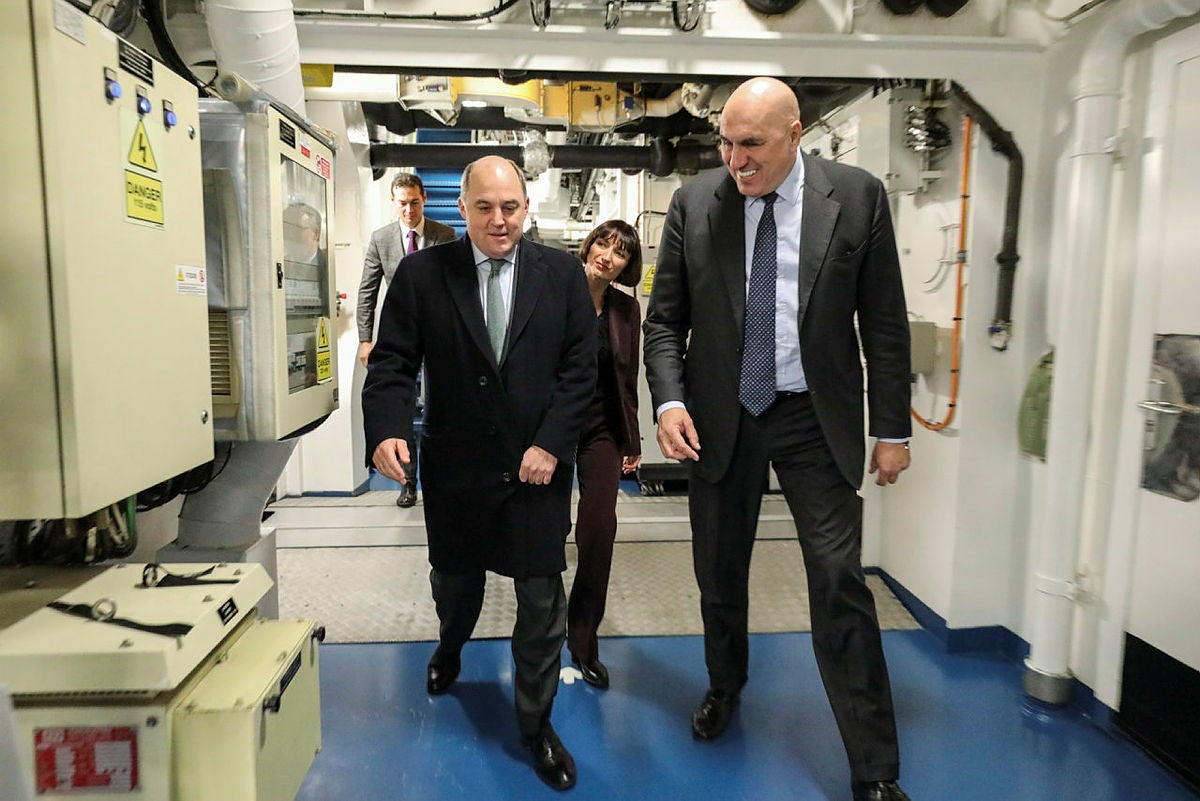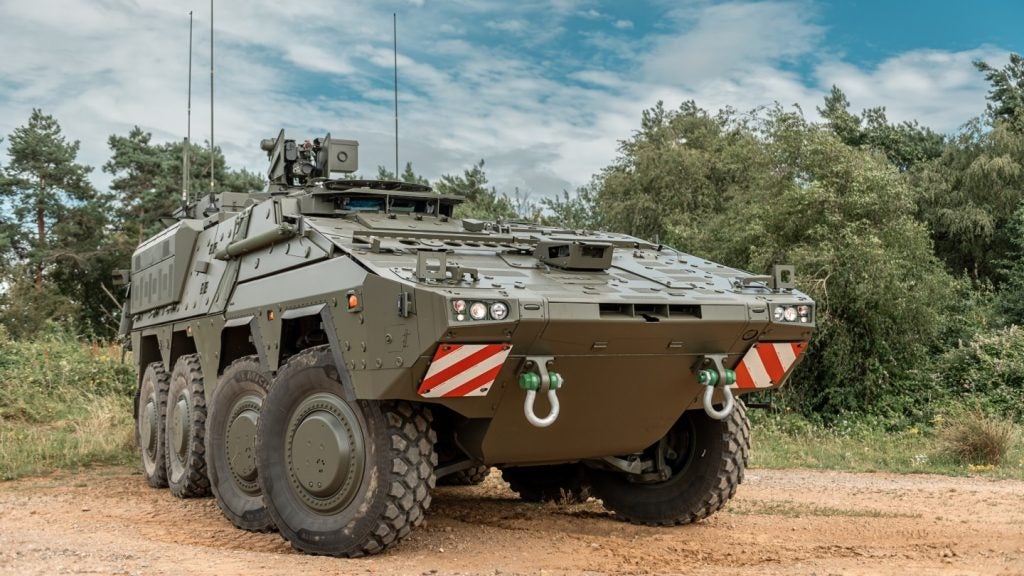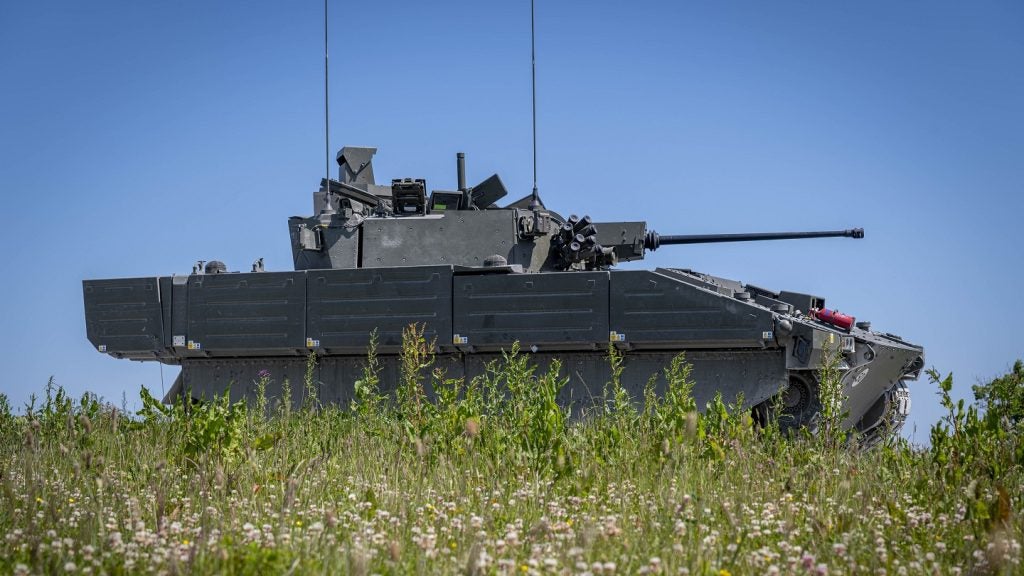
The UK Secretary of State for Defence Ben Wallace returned from Italy with commitments to further strengthen Anglo-Italian defence cooperation efforts.
Ben Wallace and his counterpart Guido Crosetto signed a joint statement of intent on joint defence cooperation, particularly in the space and cyber domains.
They also agreed to enhance the ability of the UK and Italian armed forces to operate together and develop shared capabilities as a way of minimising costs.
Ministers discussed Russia’s invasion of Ukraine, as well as the security situation in Libya and ongoing tensions in the eastern Mediterranean and western Balkans.
While he was in Italy, Wallace attended the 30th Pontignano Conference – the biggest and longest-running UK-Italian diplomatic event, taking place on an annual basis.
He also visited Leonardo’s aircraft division in Turin to discuss work on the Global Combat Air Programme (GCAP), a trilateral project between the UK, Italy, and Japan to develop a sixth-generation fighter jet.
“Working together as NATO allies to support Ukraine, and also on joint projects including the Global Combat Air Programme, we continue to promote our collective industries and increase our capabilities,” Wallace stated.
Space and cyber
The two countries’ cooperation efforts in the space domain constitutes a great expansion of the two countries’ wider collaborative defence build-up.
Toward the end of 2022, the UK defence committee found that the UK’s space policy lacked coherence, clarity, and direction as they called for a new cabinet minister position, a Minister for Space, to coordinate centralised direction and accountability in this emerging area of defence.
With this realisation in mind, the collaborative efforts with Italy will go some way to overcome the problem the UK has in their inability to take its space policy more seriously.
The war in Ukraine has shown the potential use of space capabilities in the defence industry. The availability and use of satellite data and signals have affected government systems by acquiring military intelligence.
Ukrainian forces made use of SpaceX Starlink dishes – that were designed to help people keep connected to the internet – to target Russian positions. The act was considered a breach of contract as the technology was never meant to be weaponised in this way.
Cooperation in cyberspace will also work to the UK’s advantage. The Public Accounts Committee report published on 3 February demonstrates the UK Ministry of Defence’s (MoD) inadequacy in its Digital Strategy.
The MoD accepts it has fallen behind because of its inability to track any progress of UK digital transformation. This is largely due to the inefficiency of its old “legacy systems” that complicate even the simplest tasks.
Collective efforts in strengthening both country’s capabilities in the cyberspace shows the beginning of a major overhaul in how the UK MoD will operate in the future.







